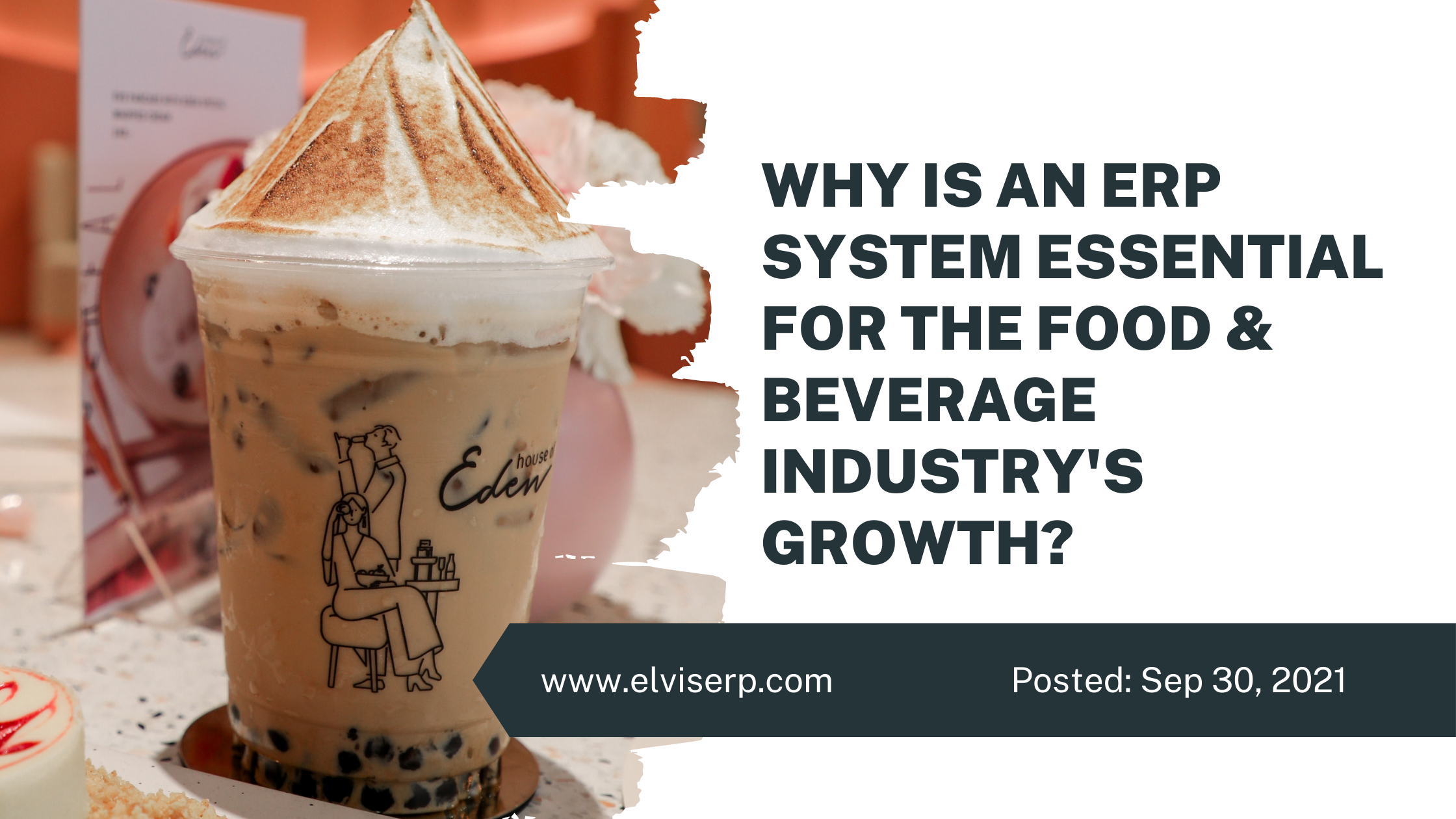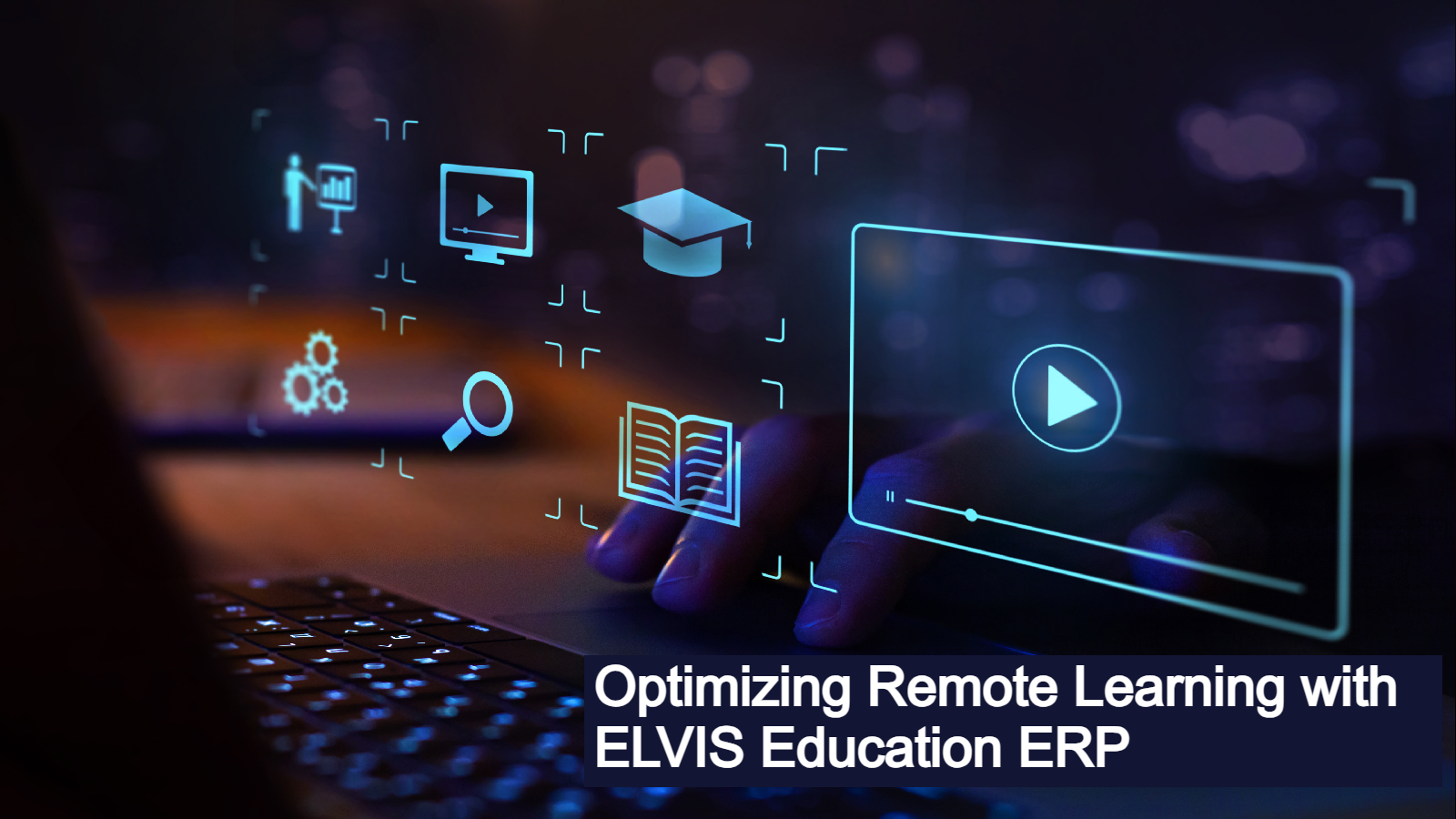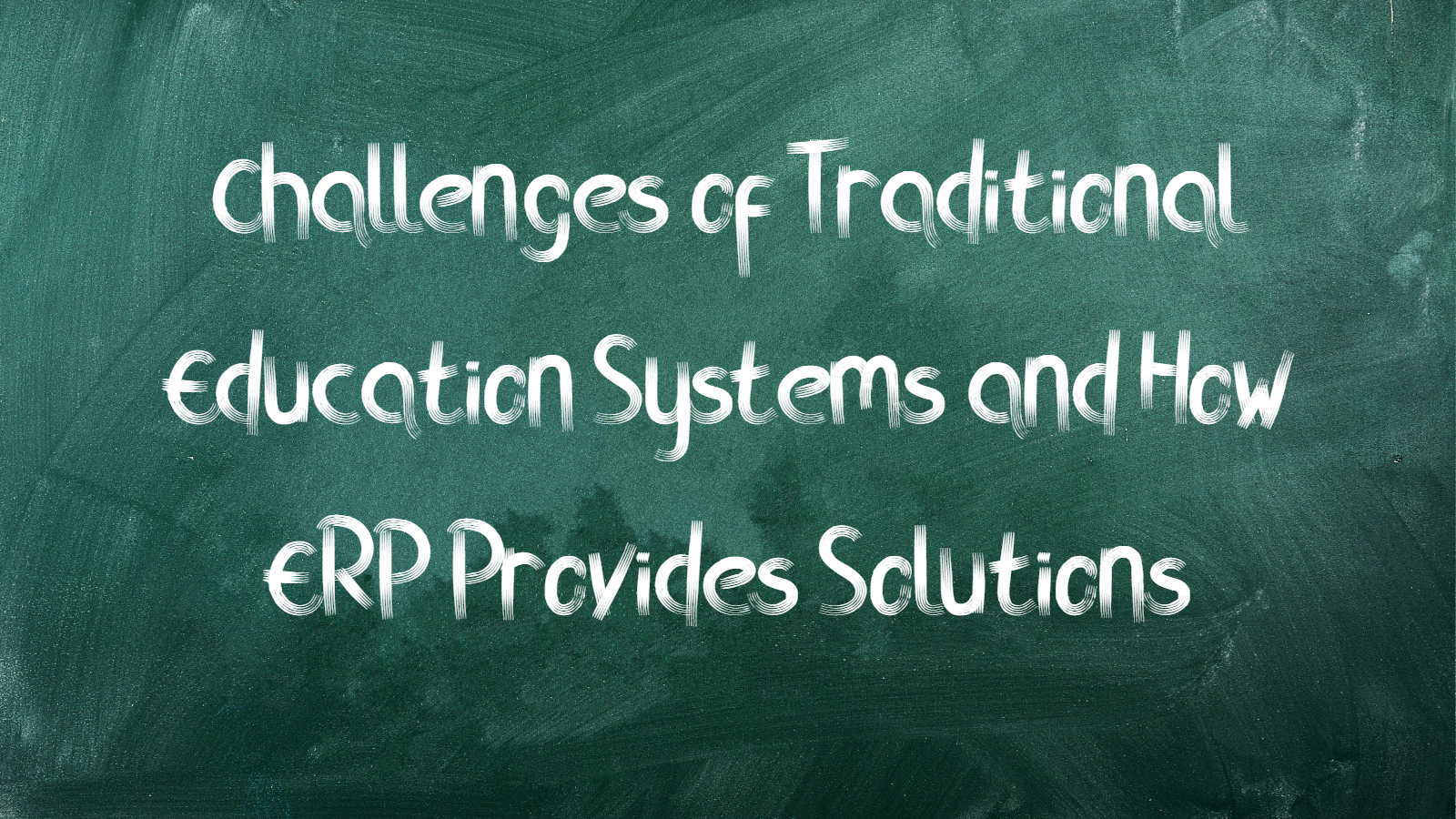Essential ERP System for Food & Beverage Industry Growth
The FOOD AND BEVERAGE business has recently experienced considerable growth. With the advancement of technology, the sector is now dealing with a new set of consumer needs and interests. A major trend in health and wellness, changing lifestyles, changing preferences, food safety, sustainability, and technology has emerged around the world. The regulatory statutes governing food safety have also changed significantly. All of these issues prompted the food and beverage industry to invest in ERP systems.
An F&B ERP is meant to help firms streamline their complex procedures. Food and beverage producers face difficulties in managing their businesses and customers. They require something automated and integrated in order to eliminate human mistakes. Manufacturers bear a great deal of responsibility in the business, from selecting the correct ingredients to ensuring product safety. They must also follow labelling, packaging, and quality regulations. ERP solutions will assist businesses in remaining connected and competitive in the marketplace.
For F&B manufacturers, selecting the appropriate ERP software is critical. Some crucial characteristics should be present in the chosen package. The following are the key elements of F&B ERP:
Generic or industry specific
Because ERP providers range in terms of services and costs, make sure that it is a good fit for your company before moving on with the selection process.
Lot tracking and traceability
Because the food and beverage business is rapidly expanding, lot monitoring and traceability should be a top focus. You must ensure that the platform you choose supports supply chain visibility in real time. Purchase orders, bills of lading, labelling, and all shipment documentation should be synchronized.
Effective record keeping
The ERP software can save all of your company’s critical information. Organizations have the ability to restore data at any time. As a result, you must ensure that your ERP software allows for the storage of data that can be utilized in the future.
Recipe and ingredient management
To stay up with customer requests, food and beverage manufacturers must retain certain ingredients as well as develop new items. As a result, you should choose a comprehensive system that assists in recipe and formulation management, allowing you to restore data and information for future advances.
Food labelling
Labels may be generated automatically using a good food and beverage ERP system. The system should be able to store nutritional information, ingredient information, allergen information, and so on. This will let businesses automate their whole processes, saving time and reducing human errors.
Quality control
Every F&B industry strives for excellence. Real-time data streaming for precise decision making is ensured by an industry-specific and tailored ERP. It makes use of tools to track and report data, as well as to comply with rules in order to promote client loyalty.
Inventory management
Regardless of the size of the company, the food and beverage industry places a high value on inventories. Overstocking can result in money being wasted, while a low supply level might make interacting with consumers problematic. The inventory management system should be able to combine warehouse processes, track inventory levels, remove waste, and prevent overproduction.
There are a number of reasons why businesses decide to invest in ERP. It entails improving corporate performance, company growth, and cost reduction, among other things. Companies who invest in ERP systems are seeing success, regardless of the rationale for adoption. According to research, by the end of 2022, 75% of midsize businesses and 40% of large businesses would have invested in ERP systems. A solid ERP platform will streamline and automate business procedures while also providing centralized access to boost productivity. Here are some of the primary advantages of ERP software for the food and beverage industry:
Reduction in operational costs
Previously, businesses did not have real-time data access, which made it impossible to meet customer expectations and requests. As a result, there will be resource waste and higher operational costs. Choosing the correct ERP system helps ensure that your company’s activities are transparent. This can help you save money by reducing your out-of-pocket payments.
Data management
As it gathers all data relevant to procurement, production, warehousing, sales, quality, and so on, integrated ERP systems will give you centralized access to the data. This can aid the organization’s order management. With instant access to data, manufacturers can simply monitor inventory levels on a regular basis, eliminating unnecessary waste.
Compliance to the regulations
Batch traceability is greatly aided by ERP systems. The entire product route can be traced and logged for compliance and food safety regulations, from the procurement of raw materials through the shipping of finished items. For full traceability, ERP can help with barcoding, labelling, auditing, and inventory management, which is a priority for food makers.
Competitive advantage
Food businesses can utilize ERP to manage operations and automate where possible, optimize production, maintain quality and safety, reduce waste, and increase efficiency. As a result, all of these enhancements will boost competitiveness in an ever-competitive market.
Enhanced customer service
All client information is stored in ERP software. Because your customer information is maintained centrally in the system, it provides insights to your sales and service teams, allowing them to use the data to establish and sustain long-term customer connections. This boosts client acquisition and retention by improving customer engagement.
Consistency
Effective quality management leads to consistency. In the food and beverage industry, quality is a critical factor in maintaining client happiness. Inventory management is critical at all phases of your organization. Customers will shift their preference to the manufacturer if inventory management is not managed consistently. It is vital for organizations to invest in ERP platforms since faults in warehouse management and transportation management are a possibility. Implementing effective and quality-filled ERP software can help you achieve consistency.
Manufacturing operations rely heavily on ERP systems. The ERP software market is predicted to reach 47 billion dollars by 2022, according to studies. For regulating their business operations, 50% of manufacturers have already begun to invest in ERP systems. Manufacturers of food and beverage must examine the benefits of implementing a contemporary and complete ERP system. By automating all of the complex processes, the correct system will give you transparency and accuracy through real-time data while keeping an eye on the operations.
Through our automated and streamlined company ERP systems, ELVIS has helped numerous SMEs and enterprises achieve productivity and growth. If you’re thinking about investing in ERP software but aren’t sure which one to go with, feel free to reach out to our staff. We’ll work with you to find a practical and adaptable solution that meets your needs.








